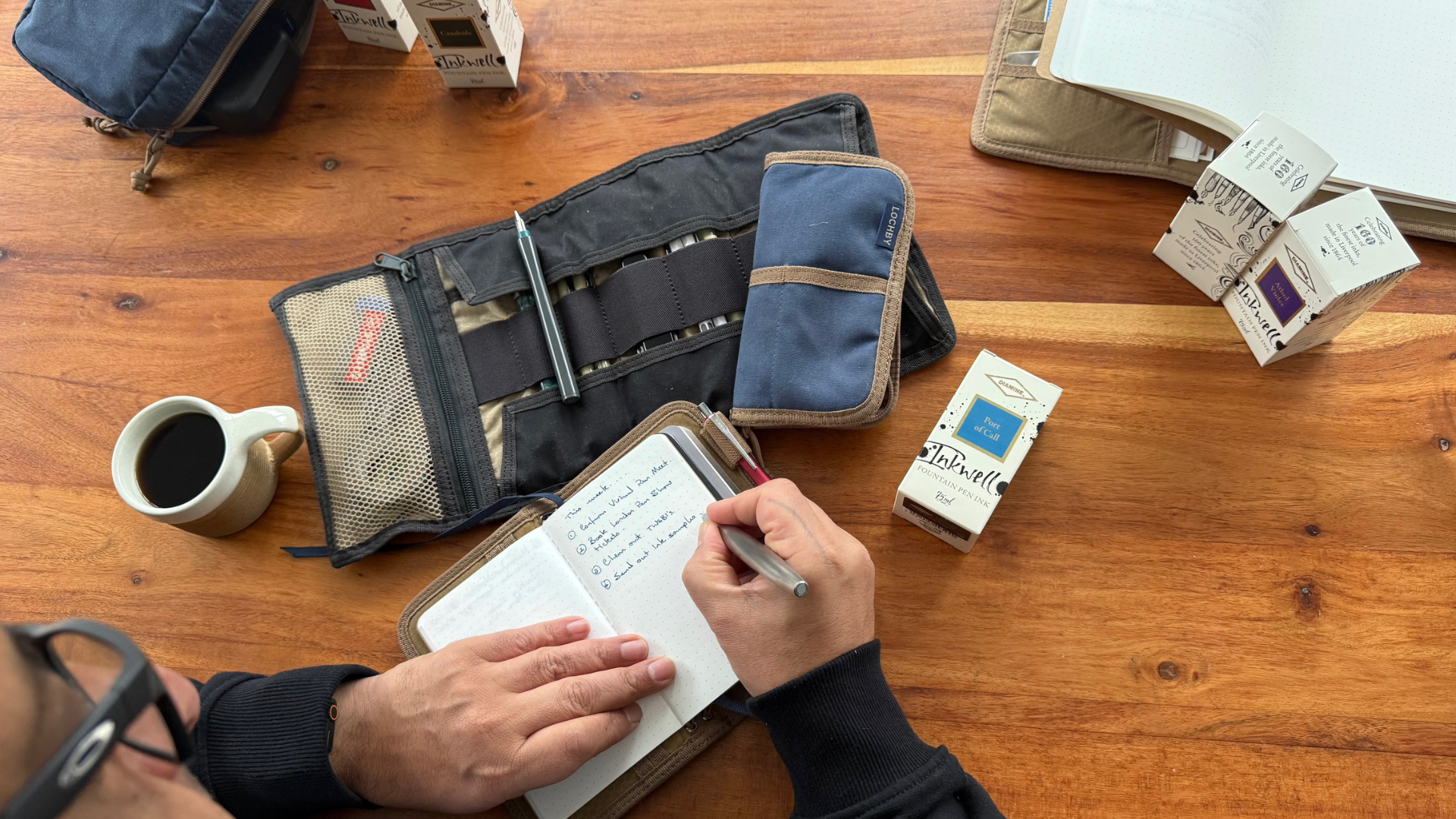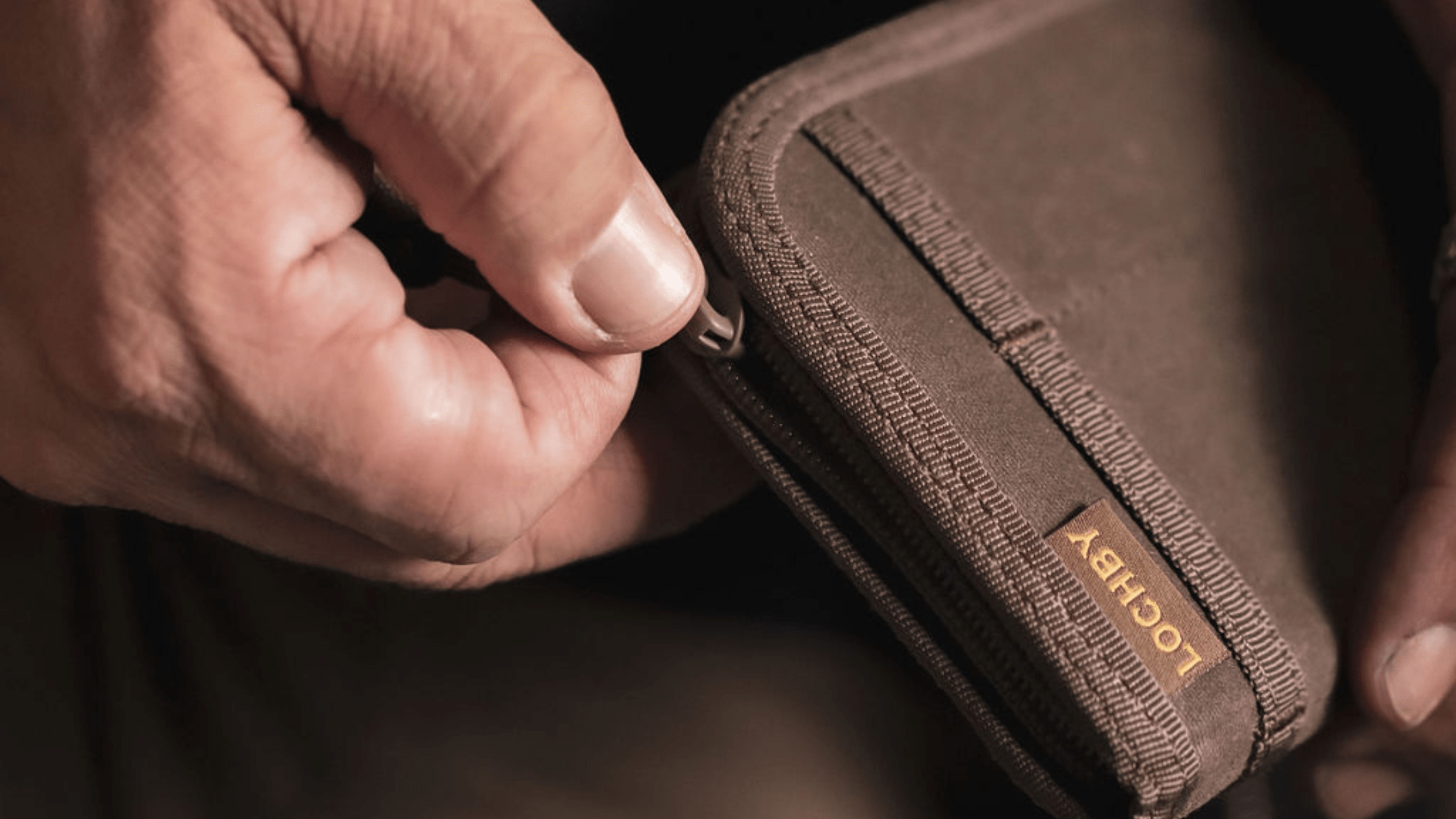It’s not uncommon for us to have a recurring goal that we're still working towards. In fact, only 8% of people achieve their goals once they're set. The remaining 92% percent go through a cycle during the beginning of each year when resolutions abound. They work on the same goals year after year, without achieving them, despite their hard work.
But it doesn’t have to stay like that! Accomplishing our goals within a reasonable timeframe starts with self accountability.
How to hold yourself accountable: what does it mean?
According to Psychology Today, being accountable is "taking responsibility for your actions". Looking inward when faced with the consequences of our choices, good or bad, and admitting to them. That's just one example of self accountability.
Once we have accountability, it can be a game changer because as soon as we start owning up to our decisions, we open ourselves to learning and growth—two things that are vital to achieving our goals.
In today's blog post, regardless if you're working on a short term or long term goal, we've put together a list of steps on how to nurture self accountability.
1. Achieve your goals by being SMART.
This is the first step before you take any kind of action: set goals. If you don't have them, you don't have a destination.
One important thing to remember: effective goals are SMART—specific, measurable, achievable, relevant, and time-bound. Listing them down with this in mind helps turn your goals crystal clear. This way, it will be easier to figure out the steps needed to accomplish them.
You become more capable of making the best decisions when you know where you're headed and what results you're after. Whether we're talking about a big goal, short term goals, or anything in between, having SMART goals from the get-go can save you a lot of time in the long run.
So don't rush into achieving unclear goals. If you want to be accountable, focus and really think about what you want to see when you get to the finish line.
2. If you want accountability, start with an action plan.
The best way to cultivate personal accountability is by creating an action plan. After you've set goals, outline the steps you need to accomplish them. This helps with several things:
Focus
Having a destination in mind can only help so much! You need to come up with a solid plan if you're ever going to reach the end of your journey. Plans keep you right on track, prevent distractions, and ensure your accountability.
Structure
By taking action without a plan, you're more likely to veer away from your goals. No framework means doing everything on the fly—no rhyme or reason. When you're "just winging it", there's no definite way to know if what you're doing helps accomplish your goals or not.
Progress
How do you know if you’re closer to your goal? By tracking your progress. It provides a point of comparison between the past and present so that, should you need to, you can re-plan the future. This will give you an idea of what works and what needs improvement. You can also use progress as motivation to keep marching forward.
An effective means to set goals, practice being accountable, and plan ahead is through journaling. It gives you the space to write down your objectives, create an action plan, and then track your progress. Having a record of your journey will show you how far you've come, what you can do better, and all without losing sight of your destination.
As the saying goes: "you can't manage what you don't measure." The only way you'll be able to commit and measure your goals is by writing them down on paper.
3. Practicing honesty on a daily basis can help with personal accountability.
Part of learning how to hold yourself accountable is by being honest not just to yourself but to others. Otherwise, lying, cheating, or refusing to acknowledge when you're in the wrong can cost a lot. It robs you of the chance to acknowledge your mistakes, learn from them, and make the necessary changes that will keep you moving forward.
Honesty invites honesty, too: the people around you will be more willing to give you feedback that matters. This is immensely helpful since there are certain things we don't notice about ourselves that others do. Whether in our professional or personal life, there are too many benefits not to consider being honest when we can.
Plus, the more truthful you are, the faster you can achieve your goals since you have all the information you need—good and bad—to make adjustments where it's needed.
4. Self accountability relies on reflecting on your actions.
If you're going to be accountable for your actions, you must reflect on them. Look back at the decisions or choices you've made: what was the motivation behind them? This can provide some insight into your behavior, which can uncover patterns you wouldn’t have noticed otherwise.
This is also a good way to get to know yourself better. True self awareness—of who we are, what we believe in, and what we're capable of—can make assessing ourselves so much easier.
Take full responsibility for what happens in your life and practice self reflection: learn from the past to improve the present and use it to support a brighter future.
5. Recognize your wins—big or small.
Self accountability isn't all bad despite the negative connotation around it. It's often seen as a punishment or a consequence of an error when that's not the case at all! You can also be accountable for your little victories just as you are critical of any mistakes you might have committed. Here are some things you can do:
Try a habit tracker
You can hit two birds with one stone by keeping a habit tracker: not only can you build good habits that will help you with your goals and life in general, but you also have the means to track your success daily. There's no greater feeling than seeing an entire week or month shaded or crossed out—meaning you're already paving the way to a big win using small ones!
Use a to do list
If you're the type who gets motivated by ticking off one task after another, then keeping a to-do list is for you. After all, different strokes for different folks: other people feel more accomplished when they can see visual proof of everything they're achieving for the day.
Work with an accountability partner
Sometimes, the best way to recognize that we're doing well is to share our progress with someone. This is where an accountability partner comes in. If you work with somebody who has similar objectives as you do, then you have someone to share your victories with.
You can even have a full support system by having multiple accountability partners! You can join support groups. Knowing you're not alone as you
As we work towards our goals, we can't stay focused solely on what we're lacking. That's the fastest way to lose motivation. It's all about balance: you need negative feedback so you know what to change and its positive counterpart to know what to continue doing. So as soon as possible, develop the right mindset. Tough love is ok when you need to hear the harsh truth about who you are and the things you do, but don't forget to shine a spotlight on what's positive, too.
Time to start your self improvement journey.
No matter what goals we're trying to accomplish, being accountable for our actions gives us control over life. In the face of failure and success, self accountability grants us the resolve to keep learning and keep going until we achieve our goals. That's an amazing power to have. All we need is commitment, self-discipline, and the right mindset to make it happen.
What was the most difficult thing you had to be accountable for? How did it make your life better? Share it with us in the comments below! We'd love to hear your story.





Share:
Goals Versus Systems: 3 Reasons Why You Need Both
The Try Series: Let's Do Time Blocking!